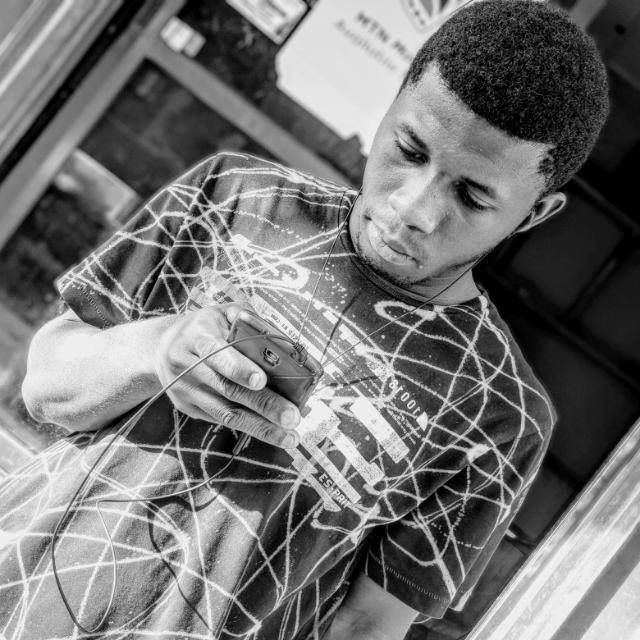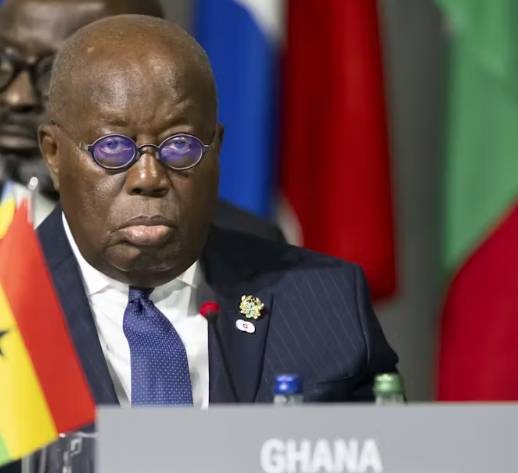For the first time in seven years, Nana Addo Dankwa Akufo-Addo will close the year without the weight of Ghana's presidency on his shoulders. With the nation heading to the polls on December 7, Akufo-Addo, who has served two terms as president, will be retiring from a long and distinguished political career.
Akufo-Addo assumed the presidency in 2017, bringing with him a legacy of both modern and traditional political experience. His family has deep roots in Ghana's political history, with his father, Edward Akufo-Addo, and uncles J.B. Danquah and William Ofori-Atta being key figures in the formation of Ghana's first political party, the United Gold Coast Convention.
As a university student in the early 1960s, Akufo-Addo was known for his Trotskyite leanings. However, he later embraced liberal political ideals. In the 1970s, he opposed the military rule of Ignatius Kutu Acheampong, and in the 1980s, he campaigned for Ghana’s return to democratic civilian rule under Jerry Rawlings.
When Ghana transitioned back to constitutional rule in the early 1990s, Akufo-Addo helped form the Danquah-Busia Club, a group dedicated to the ideals of J.B. Danquah, which later evolved into the New Patriotic Party (NPP). The NPP, considered a right-wing party, has governed Ghana since 1993 and has produced two of the five presidents of the Fourth Republic.
As a political science scholar, I have closely followed Akufo-Addo’s presidency. He was expected to achieve more than his predecessors and to have a transformative impact on Ghana’s economy and society. However, upon reviewing his tenure, I believe his presidency did not fully meet these expectations.
The First Term: A Promising Start
Akufo-Addo’s victory in the 2016 election followed two narrow losses in 2008 and 2012 to the National Democratic Congress (NDC). His presidency began on a rocky note when his inaugural address was found to have plagiarized a speech by former U.S. President George W. Bush. This sparked public outrage, especially since his campaign had emphasized a new era of competence.
Despite this, Akufo-Addo’s administration quickly got to work on its ambitious goals for Ghana's economic transformation. His "Ghana Beyond Aid" initiative aimed to shift the country's economy from one focused on raw material exports to one driven by manufacturing and high-value services. This vision raised Ghana’s international profile, and by 2019, the country successfully exited the International Monetary Fund (IMF) support program. However, the economic impact of this exit was mixed, as the COVID-19 pandemic severely affected Ghana’s economy in 2020.
Domestically, the Akufo-Addo government made notable strides, such as abolishing fees at the senior secondary school level. This allowed unprecedented numbers of students to enroll in school, with average yearly enrollments increasing from 260,490 to 422,940 in the first six years of the policy.
His administration also launched initiatives to address economic concerns, including the "1 District, 1 Factory" industrialization plan to create jobs and the controversial banking sector cleanup. While the latter involved the closure of several banks and job losses, it ultimately stabilized the financial sector.
The Second Term: A Disappointing Decline
By his second term, the initial optimism surrounding Akufo-Addo had begun to fade. The COVID-19 pandemic, which arrived in Ghana in March 2020—an election year—posed significant challenges. Akufo-Addo led the country’s response with regular public addresses, but he faced criticism for Ghana’s limited vaccine production capacity and the inadequate healthcare infrastructure.
The government's handling of the pandemic also sparked accusations of nepotism and corruption. When Ghana held elections in December 2020, the Akufo-Addo government suffered a major setback: its parliamentary majority was lost, and the country saw a hung parliament.
Economic struggles worsened in 2022 when inflation soared to 54.1%, and Ghana defaulted on its debt. The government turned back to the IMF for assistance and introduced a domestic debt exchange program, which was met with protests, particularly from pensioners who feared losing their life savings. Environmental destruction caused by illegal mining and the stalled construction of a national cathedral in Accra added to the image of a presidency beset by failed promises.
In many ways, Akufo-Addo’s presidency became a victim of the high expectations it generated. Unfortunately, it lacked the leadership and resources to fully deliver on those hopes, leaving a legacy of disappointment for many.


